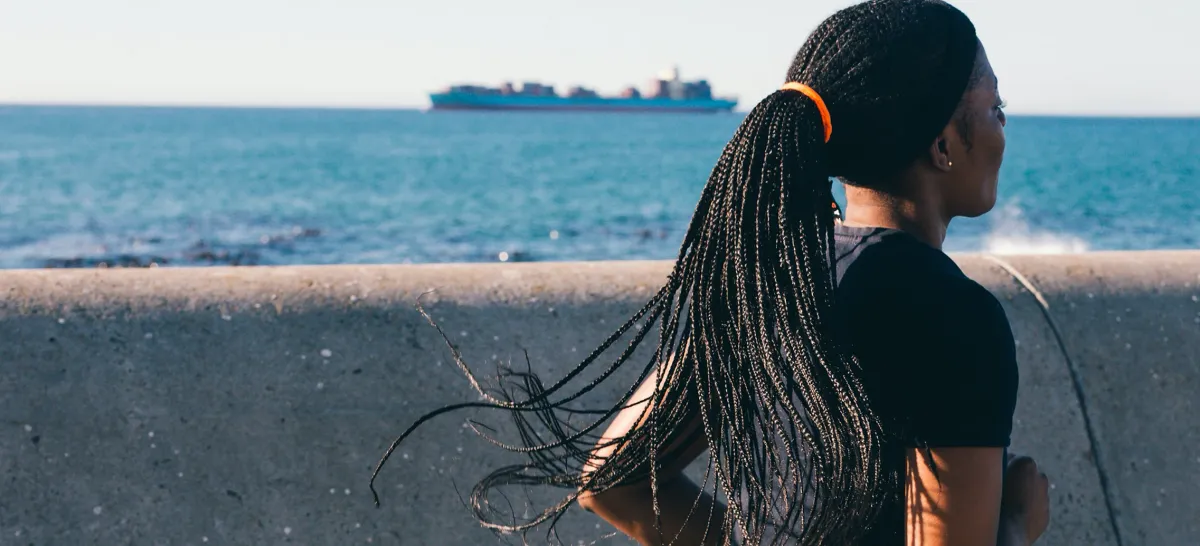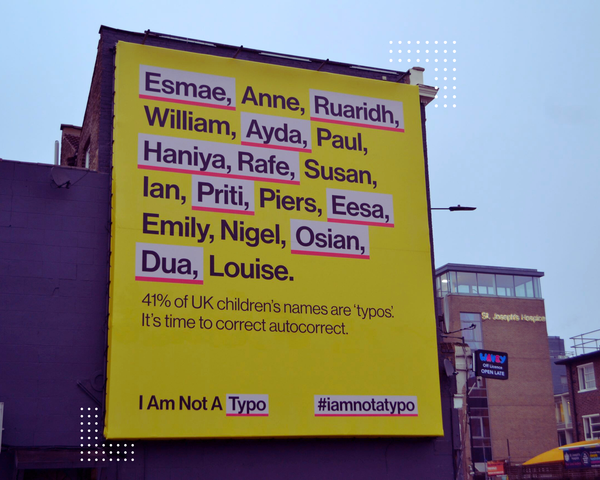Seaside Towns in the UK Are Still Racist and Play Into a Deep Sense of British Nostalgia
Moving back to my seaside hometown I was reminded that in the UK, Black lives still don’t matter.

Access the Audio Read version of this article directly on Spotify for Podcasters.
Before March last year, I’d have been horrified at the thought of packing my bags by October to head back to my sleepy seaside childhood home on the Suffolk coast, for the foreseeable future. But like many twenty-somethings, I was in a precarious London tenancy in the context of a pandemic. This, coupled with a housemate suddenly leaving meant that I’ve found myself living back in the port town of Felixstowe, Suffolk. It’s strange, as a Black person, to go back to a space, often hostile to non-white people, in a year underscored by talk of desperately needed social change. It is a reminder that in the UK, Black lives still don’t really matter. But why are British seaside spaces in particular still so racist?
Seaside towns are not uniquely racist. London or other cities are not a bastion of progressiveness; cities often use superficial acceptance as a foil to cover deep-seated inequalities. But there are specific attributes in seaside towns that can make them hostile spaces - and it often goes unacknowledged. I spoke to Dr. Daniel Burdsey, Reader and Deputy Head of School at the University of Brighton, whose research includes analysing the social and cultural aspects of the contemporary English seaside and coast. Like me, he also grew up in a seaside town, but as a white man, feels he had essentially the opposite experience to me. He thinks we’re often encouraged to talk about racism in areas where there are more minorities. He told me “there is a popular thread of thought which is that racism only occurs in multicultural areas; which is really a victim-blaming mentality”. When we think of areas of racial tension, we often think of more multicultural places like Luton. Importantly, he also highlights that another reason the seaside evades being associated with racism is because “it has been constructed as a place of fun, a chance to escape”, not a place where prejudice is thriving.
Returning back to Felixstowe in 2015 after university, just under a year before the Brexit referendum, was difficult then as well. I took a job in a locally owned restaurant, which exposed me to racist tropes I had not heard in a long time. In my first week, a staff member casually referred to Chinese people as “chinks”, branding them as unfriendly people. Others harboured a deeply problematic attitude towards the Gypsy and Traveller community, indulging in crude stereotypes that they were “dirty and a drain on society”. Burdsey references from his research a feeling of minorities “being watched”. That surveillance culture, where you can feel people’s eyes focusing on you for just a bit too long, I could definitely identify with. In Felixstowe, anxieties were expressed about immigration (despite the fact that the town remains extremely white) that were also very clearly underscored by racial anxieties. The seaside is also inevitably linked to borders, being on the edge or brink of strangers ashore coming in; we’re all familiar with the exploitative media images of asylum seekers travelling on dinghies to reach safety.
Often, racism in my town was brazen. A white friend of mine called me extremely upset one day, as someone local had unapologetically referred to a Black family member of mine using the N-word. My reaction was perhaps surprising to her, as I was calm and nonchalant; not because it wasn’t upsetting but because I simply understood it as a behaviour I’d just have to withstand until I could find a way out of there.
Interestingly, Burdsey outlines how the effects of timing and seasonality can affect people’s attitudes in seaside towns. His research suggests racism is “worse out of season. In the summer you’ve got visitors, and seaside spaces feel a little bit more cosmopolitan.” Although there were also exceptions. “An Iranian man whose wife wore a hijab said they preferred going in the winter as she felt that her difference was accentuated less than in the summer, fewer people were staring.” I’ve reflected on the duality of experiences as a minority in these spaces as well. During the summer, there are throngs of visitors at the beach, even during the ‘Covid Summer’ just gone. People of colour during tourism high seasons are bringing in money, with the expectation that they will then head back home elsewhere after a day at the beach. As tourists, they pose no threat to the nostalgia of whiteness; but as you stray beyond being a visitor lurking around on the seafront and become a more embedded fixture of the town like me, your experiences are very different.
The association of escapism with the seaside plays into a deep sense of this British nostalgia, which Burdsey argues is a key factor in exacerbating racism. Many seaside towns are like eerie time capsules. Felixstowe is littered with relics from the past; our dinky little train station is still in a traditional Victorian/Edwardian style, just like before the days of cheap holidays abroad, during the town’s heyday of tourism. One of the oldest cafes perched on the seafront is called the “Mrs Simpson Cafe'' in reference to the twice-divorced American from the 1930s Wallis Simpson, who married the Queen’s uncle. There’s something quaintly archaic in the age of the internet about the thread of simple amusements winding along the beach. Some of them have barely changed since I was a child in the nineties. These relics echo a nostalgia for a quaint, pre-Windrush mythical time in the past when everyone was white. Burdsey extends this, adding “Racism theorist Paul Gilroy would have called it a ‘postcolonial melancholia’. A time before the arrival of political correctness, a backward-looking celebration of the past. Life at the seaside includes a feeling of leisure and entertainment, but also an escape of multiculturalism in urban areas.” Seaside towns retain this sense of being untouched by perceived ills of the modern world, remaining more sealed off from what would now patronisingly be referred to as “wokeness”.
Perhaps this explains why there was a very predictable reaction to the Black Lives Matter protest held in Felixstowe last year - a major disturbance to the unquestioned whiteness that normally pervades it. White nationalists rolled up surrounding a war memorial; a 50-year-old white man received a court summons for giving a Nazi salute. Seaside towns remain areas ripe for white radicalisation. Every time I’d visit the high street on visits home from London, the shops would look emptier. For as long as I can remember, the only main thriving industry was shipping, so young people are encouraged to look elsewhere, often for work, leaving an increasingly older population. Tourism provides some relief, but it's seasonal and can’t really compete with dirt cheap holidays abroad. With the closure of shops and restaurants in response to COVID-19, economic opportunities are only likely to get worse. Racism has always been a highly contrived system imposed from the top down by powerful people onto working class people, as an explanation for financial hardship. The marriage of an unequal economic system with simplistic race-based explanations can be alluring.
I’m somewhat lucky I suppose, that being back during a pandemic means I’m more sheltered from the uncomfortable realities of existing here as a minority. Certainly, for the foreseeable future, British seaside towns remain spaces that are deeply problematic.





